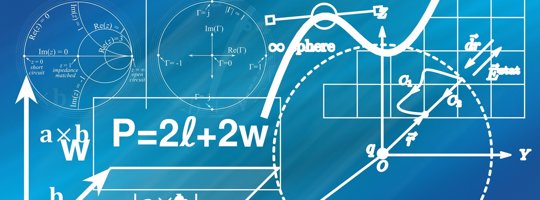
Mathematics
KuduKuku helps learners develop the science skills needed for success in school, university and career.
Read more
English
KuduKuku helps learners develop the science skills needed for success in school, university and career.
Read more
Science
KuduKuku helps learners develop the science skills needed for success in school, university and caree
Read moreKey Stages In Schools of United Kingdom
To start tracking progress towards mastering your learning objectives and would do your one-to-one tuition with our excellent teachers start today! You could start with our free lesson to determine your best fit for online learning.
Key Stage 1 (Foundation Phase)
This is taught to children aged between 5 and 7, during Years 1 and 2.
At the end of Year 2, children will sit their SATs (Standardised Assessment Tasks), which are national tests. These tests assess the academic ability of children in the key subjects of maths and English. Separate teacher assessments also determine how well each child is doing.
Parents are sent a copy of the teacher assessments and can request that the school sends them the test results. SATs are not structured in a ‘pass’ and ‘fail’ way, but are a tool for government to measure national standards of learning and for schools to appraise how well each pupil is doing.
Key Stage 2
This is taught to children aged between 7 and 11, during Years 3 to 6.
At the end of Year 6, children take their SATs, and much of their final year at primary school focuses on ensuring they know and understand all of the previous years of education. KS2 SATs were overhauled in 2016 to become more difficult (see further reading for a link to more details). The test assess children’s abilities in reading, maths, spelling, punctuation and grammar.
Unlike the KS1 SATs, at KS2 the tests which children take are set and marked externally, so that the results are used to measure the school’s performance (removing any possibility of bias). Each child’s results are used together with their teacher’s assessment to offer parents a broader picture of their attainment and academic ability.
The tests are taken in May, and parents receive the results, plus the teacher assessments, in July.
Key Stage 3
When children progress to secondary school, they begin with KS3, during Years 7 to 9 when they are 11 to 14 years of age.
Key Stage 3 covers the first three years of secondary education. The curriculum at this stage involves core statutory subjects, where religious education and sex education must be included.
SATs at the end of KS3 were scrapped in 2010. Instead, there are formal teacher assessments in all of the key subjects.
Key Stage 4
Children aged between 14 and 16 in Years 10 to 11 are taught at KS4 level, which is the final stage of the school curriculum. The assessment for KS4 involves children sitting GCSE (General Certificate of Secondary Education) examinations, or other national qualifications.
After Key Stage 4
Young learners aged between 16 and 18 in Years 12 to 13 may opt to study A-levels at Key Stage 5. It is compulsory for children to stay in education until they are 18.